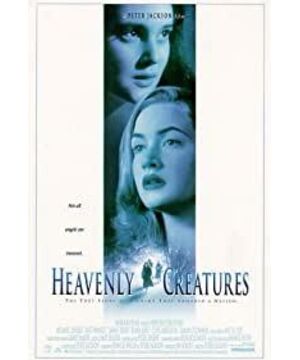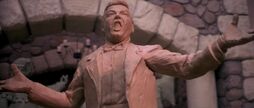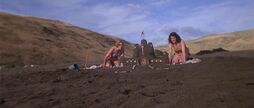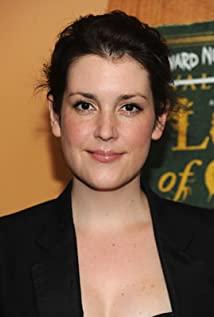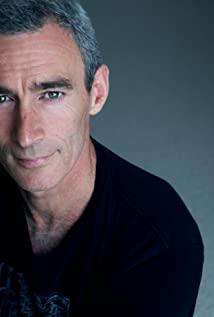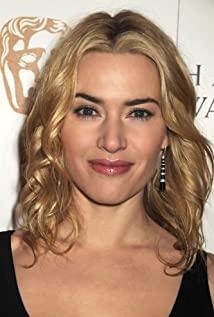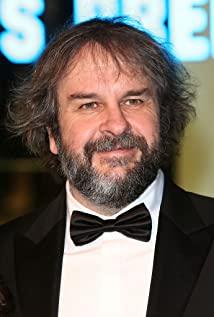The bloody face that was shaken a few times at the beginning is not scary, nor does it make me suspicious. The story is even in the spring atmosphere of the New Zealand promotional film, and even the bicycles here are flourishing (everyone from eight to eighty years old rides bicycles). I admire it, a group of mythological colonization is eloquent. When the little girls were planning to kill their mother, they also appeared to be polite. They were indeed the style of the British Empire. It was terrifying to smash the live meat with bricks. This is true. It was filmed according to the diary of a mother-killing girl. I think the director made the documentary. His control ability keeps the film from being overwhelmed by the subject matter.
The subject of mother-killing is very eye-catching, and it is also mixed with the fantasy of the beautiful girl. It should be cited as a reference by "Psychoanalysis/Cultural Studies/Lesbian/Oedipus/Mythology". But I want to say that it is a deviation to attribute this movie to the top. It has nothing to do with comrades/psychoanalysis. What the director wants to film is the full emotional power of the teenagers—they burst out under what kind of repression they are exhilarating, overflowing, and innocent. Those who disdain the Christian heaven and believe that they want to enter the highest fourth world, worshiping art idols, writing novels, and having a child strengthen hatred as murder. Aren’t they a pair of angels, but they planned to kill the mother. They wanted to remove obstacles (comforting/explaining: people die every day). They trembled and struck again after a blow (mother called pain , If it hurts myself), ran to find someone in fear, his face was bloody.
The two women were convicted of murder, and each was released on parole because they were underage. The condition was that they could not meet each other. Are you afraid of reuniting and murdering people? Isolate each other and split the Siamese with an axe. The fourth world is no longer accessible, nor can you enter heaven.
Jewish ethics is expressly forbidden to kill. Derrida’s eulogy "Farewell, Levinas" talks deeply about this, and I confessed it arbitrarily-
see "God, Death and Time", p. 123: "Be so prominent. A question raised by death in the proximity of the neighbor, that is, paradoxically, my responsibility for his death. Death, open to the face of others, and the face of others expresses an absolute command:'You must not kill. .'"
Is this absolute order? Deeply puzzled, we still need to look at the LEVINAS context. It is always my living who "faces" the death and the death of others, separated by a layer but still faintly connected. What kind of judgments should be made? I just avoided death, to see why he/she went to kill, escaped the trial, rational and incompetent, each... sin?
I don't think well, and I panic when I say it, but Pavlov's reaction is not painful or itchy after being stimulated.
View more about Heavenly Creatures reviews


